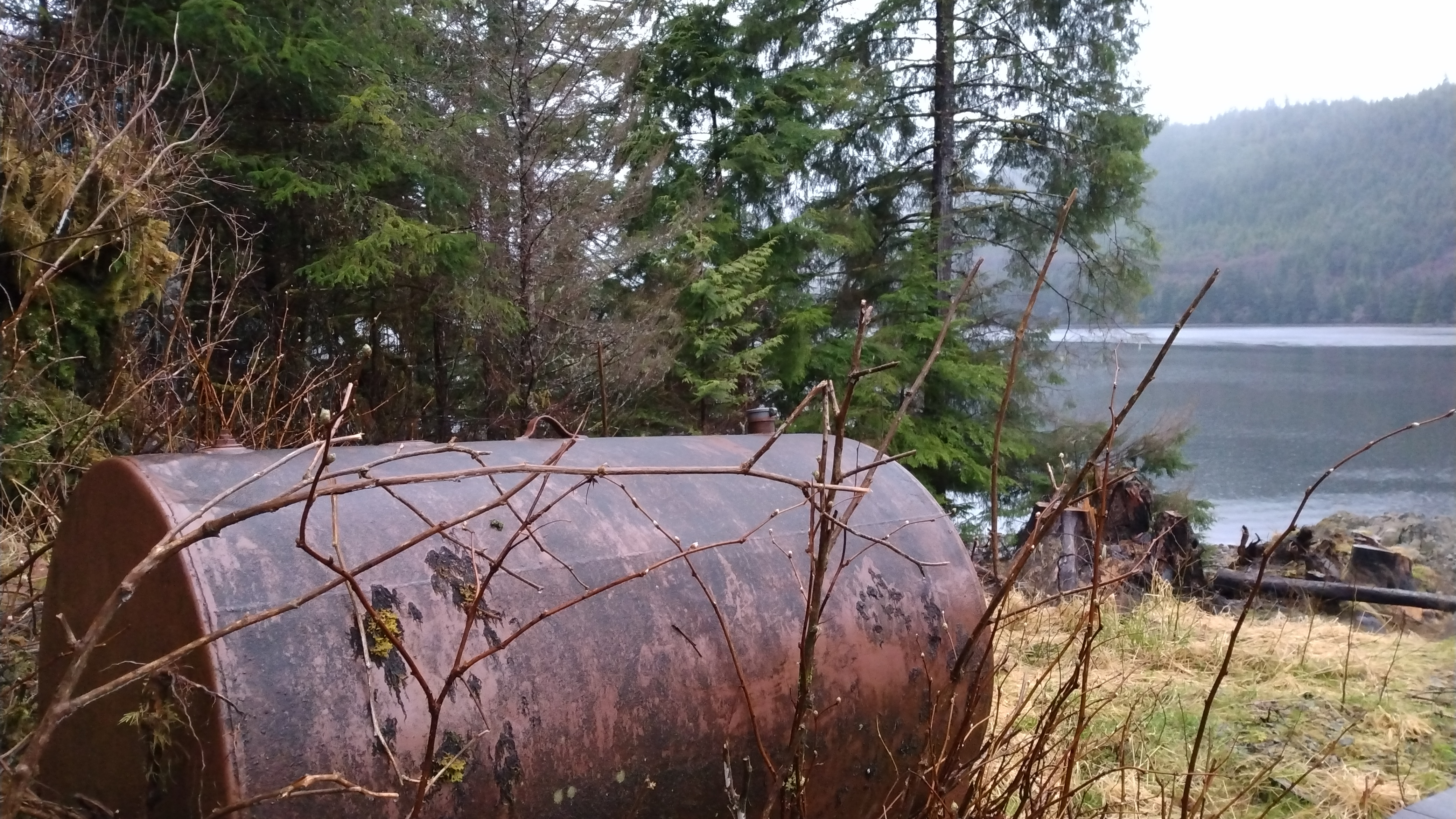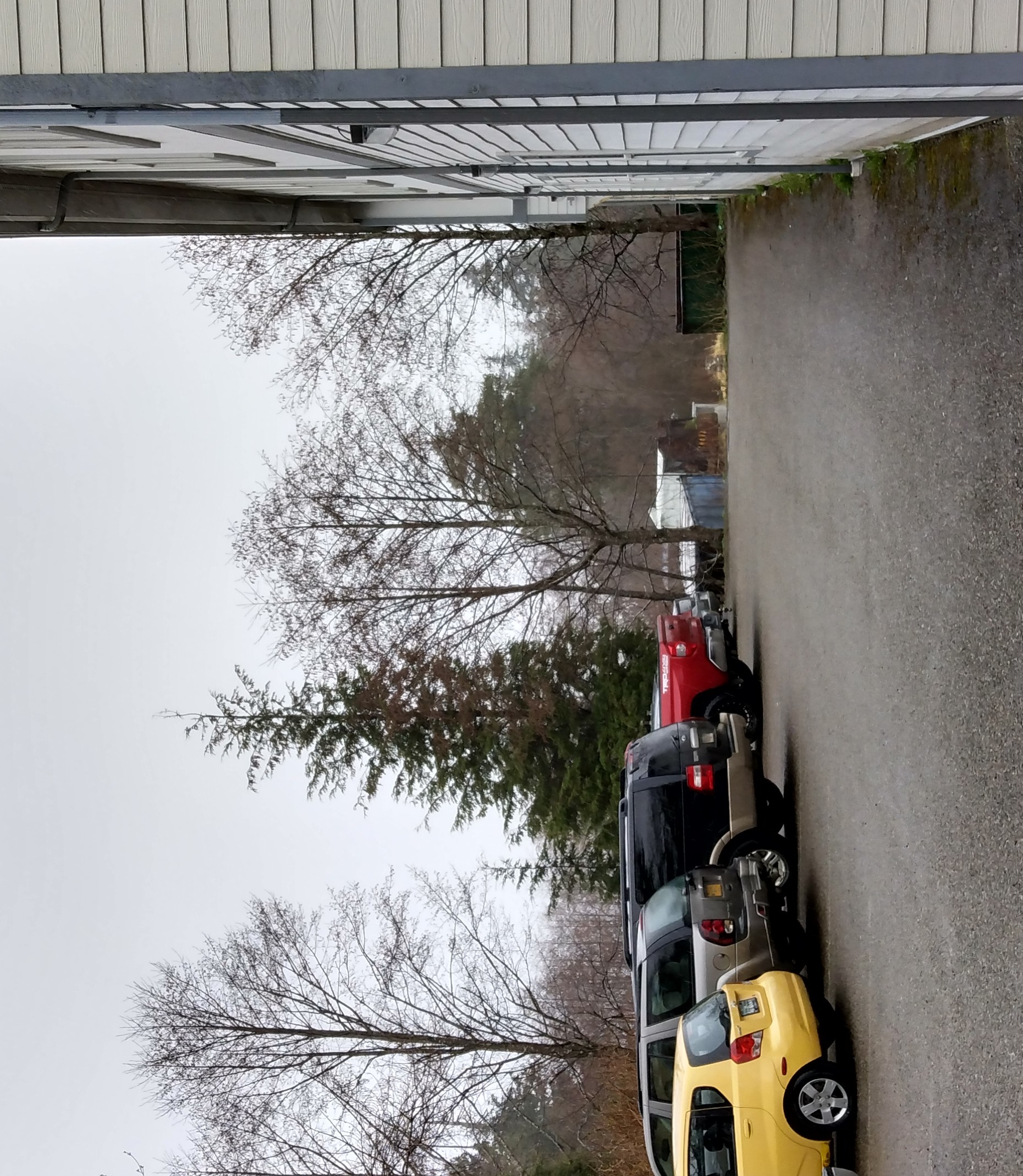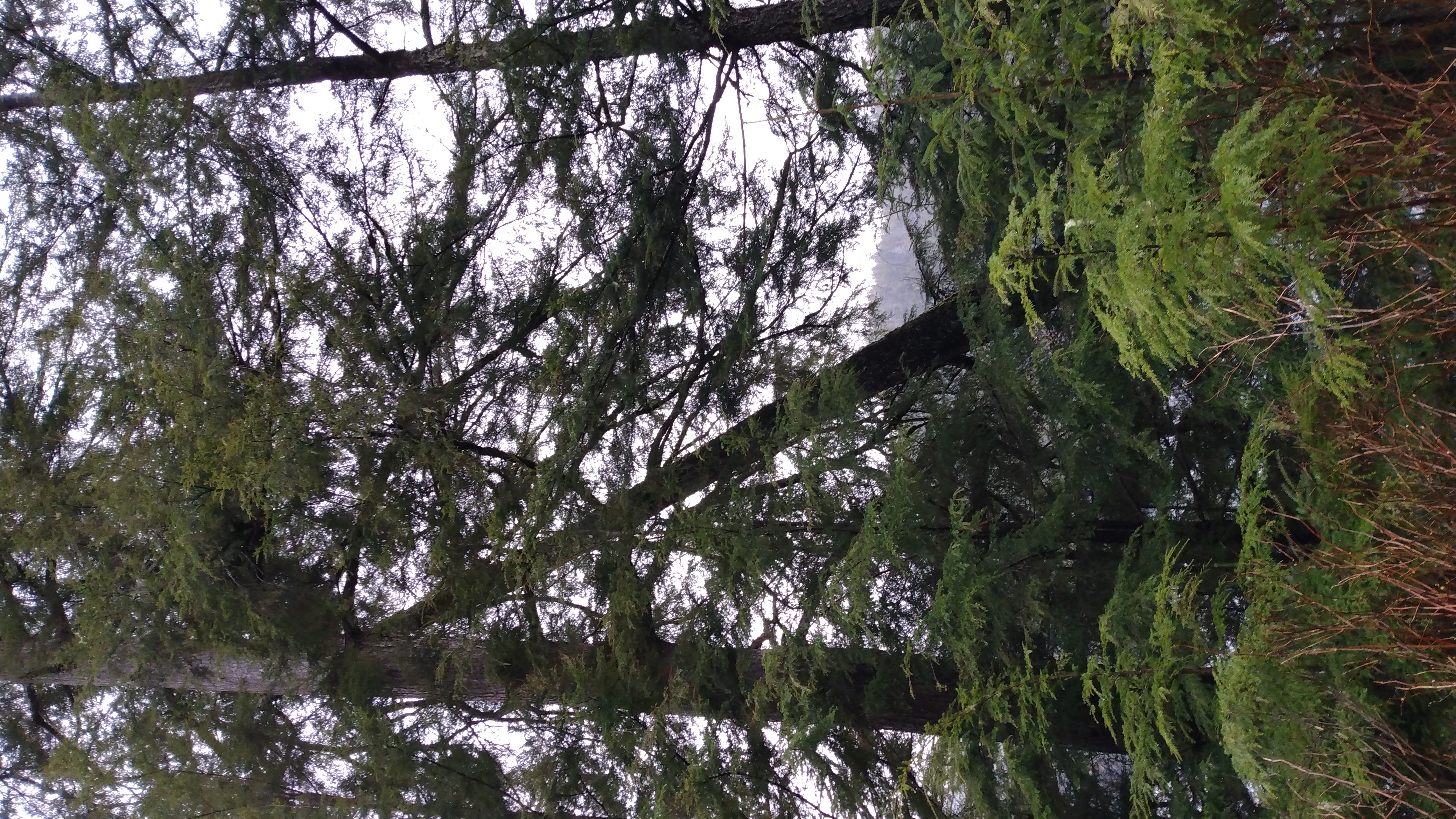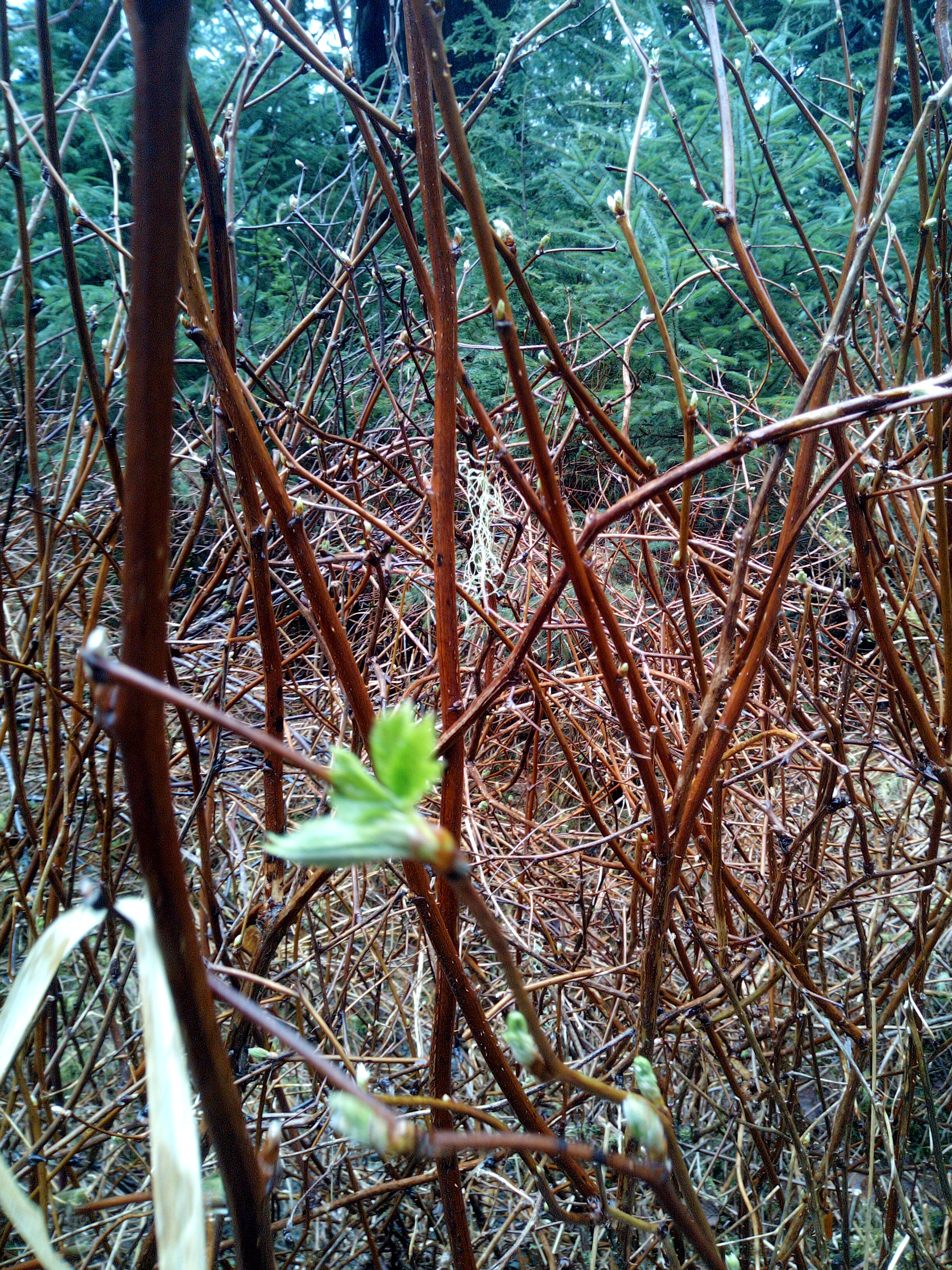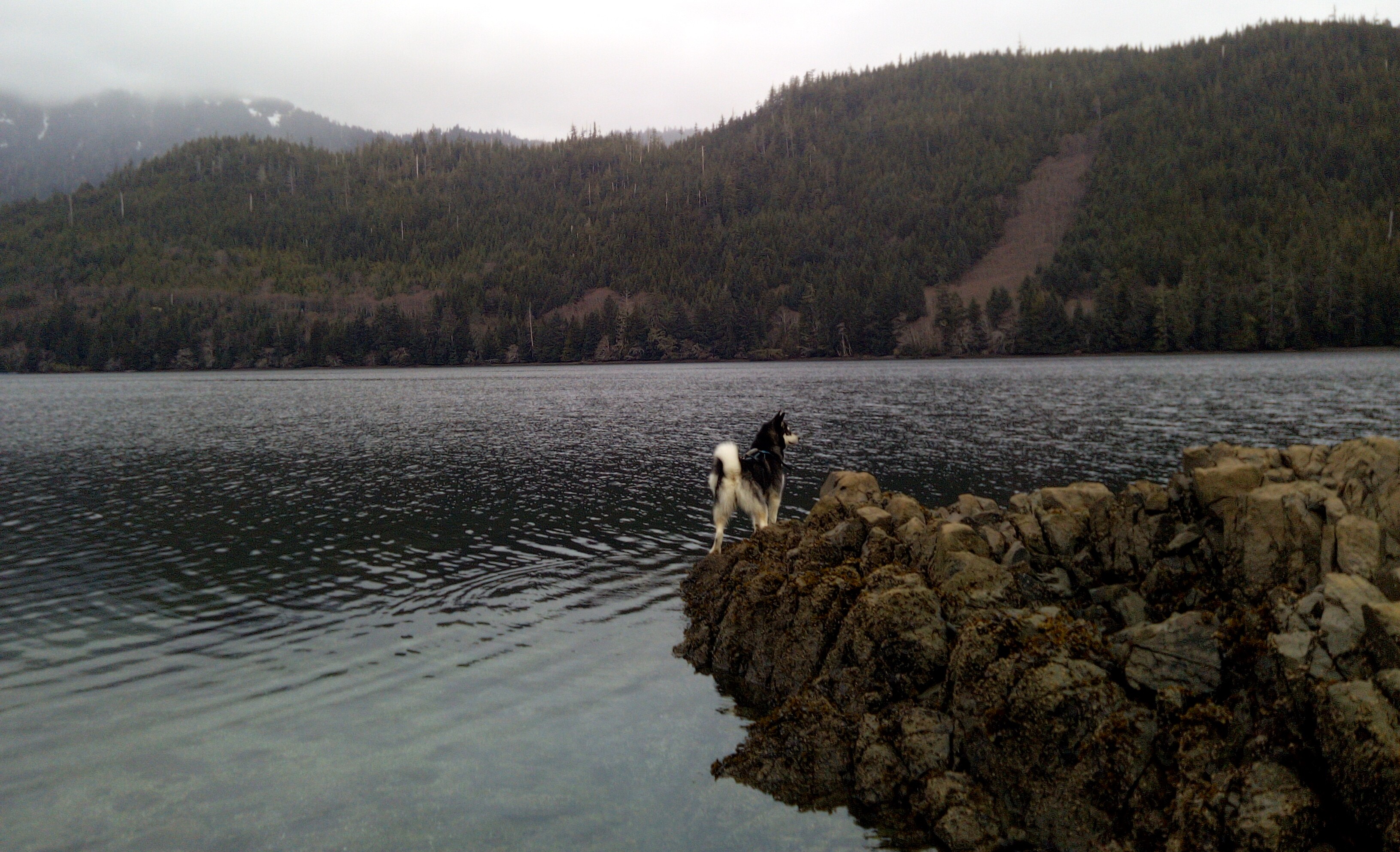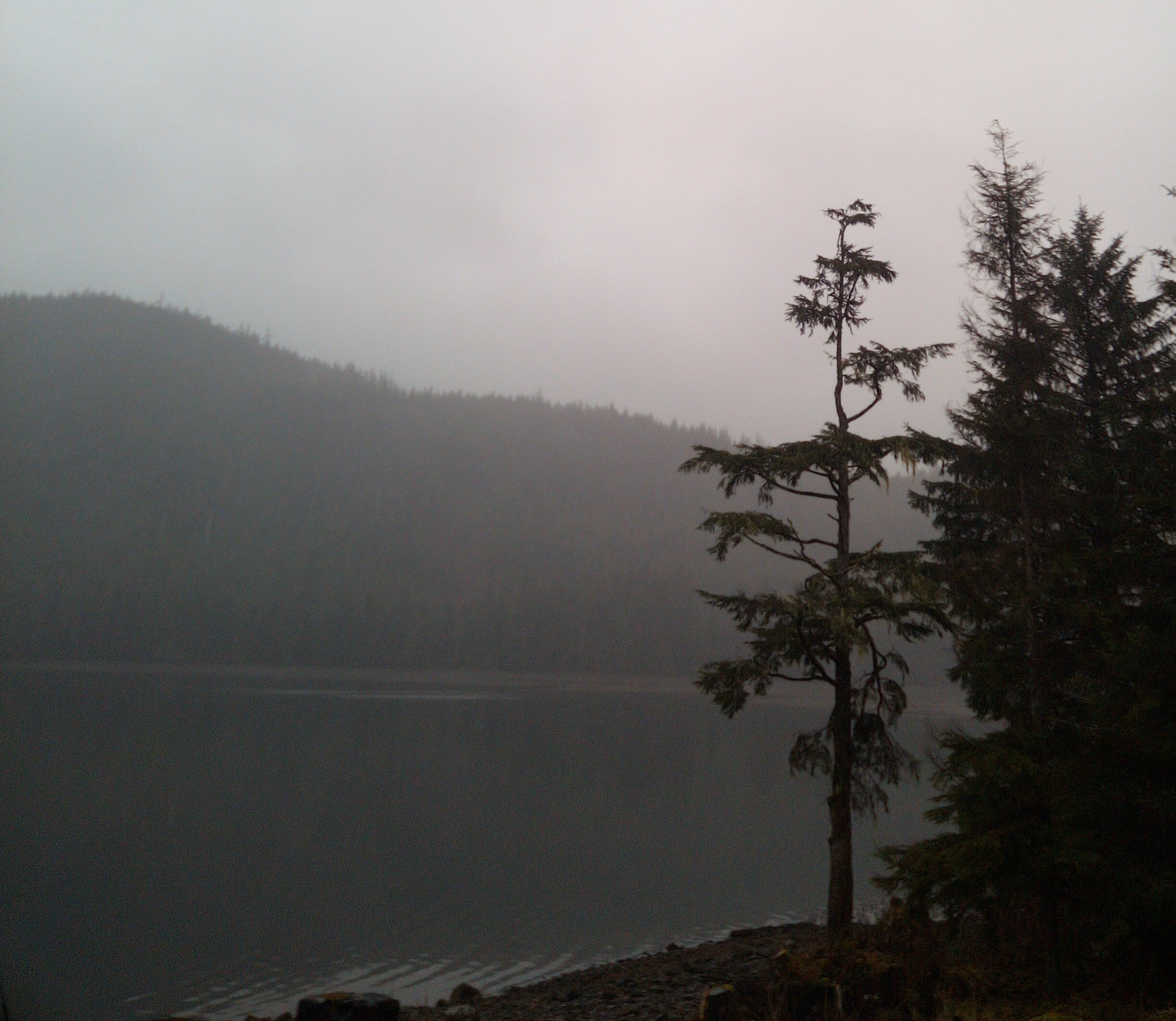ㅁ A terrible dream: I couldn't find any bus and lost my passport.
Month: March 2022
Caveat: Tree #1148
Caveat: Friday Blogroll
Blogs (and blog-like-objects) in my browser right now (in a few very broad categories).
Politics, philosophy, culture
Art
- Wikiart (not really a blog, more like an online collection)
Technology
Language, linguistics
A supplementary quote:
“This is war, after all. If it feels good, consider for a moment you might be evil.” – Mike Solana (blog Pirate Wires, above)
Caveat: Poem #2055 “Chillin'”
Caveat: Tree #1147
Caveat: Empire of Destruction
Here is a half-formed thought.
Tyler Cowen writes that the US is “good at destroying things” (link) and about how the current cultural forces in our society have been quickly repurposed, in the circumstances of this new Russo-Ukrainian war, to destroying Russia. But I’m not sure I agree with what he has made his thesis statement: I really don’t think the US is in any way uniquely good at destroying things. Yes, the US is good at destroying things, but only in the sense that all human polities, in all eras, are good at destroying things. I suppose I will concede that because the US has, historically, been a quite competent polity that is good at other things, that means it is more effective at destroying things, too. Perhaps this is what Cowen means.
Caveat: Poem #2054 “Awkward”
ㅁ I was a bug, crawling there, when, whoosh, I had a scare: water washed me down the stair.
Caveat: Tree #1146
This tree is one of my metasequoia trees (Chinese dawn redwood). A deciduous redwood tree, it appears to have survived the winter and decided to give spring a shot – so I relocated it into my greenhouse.
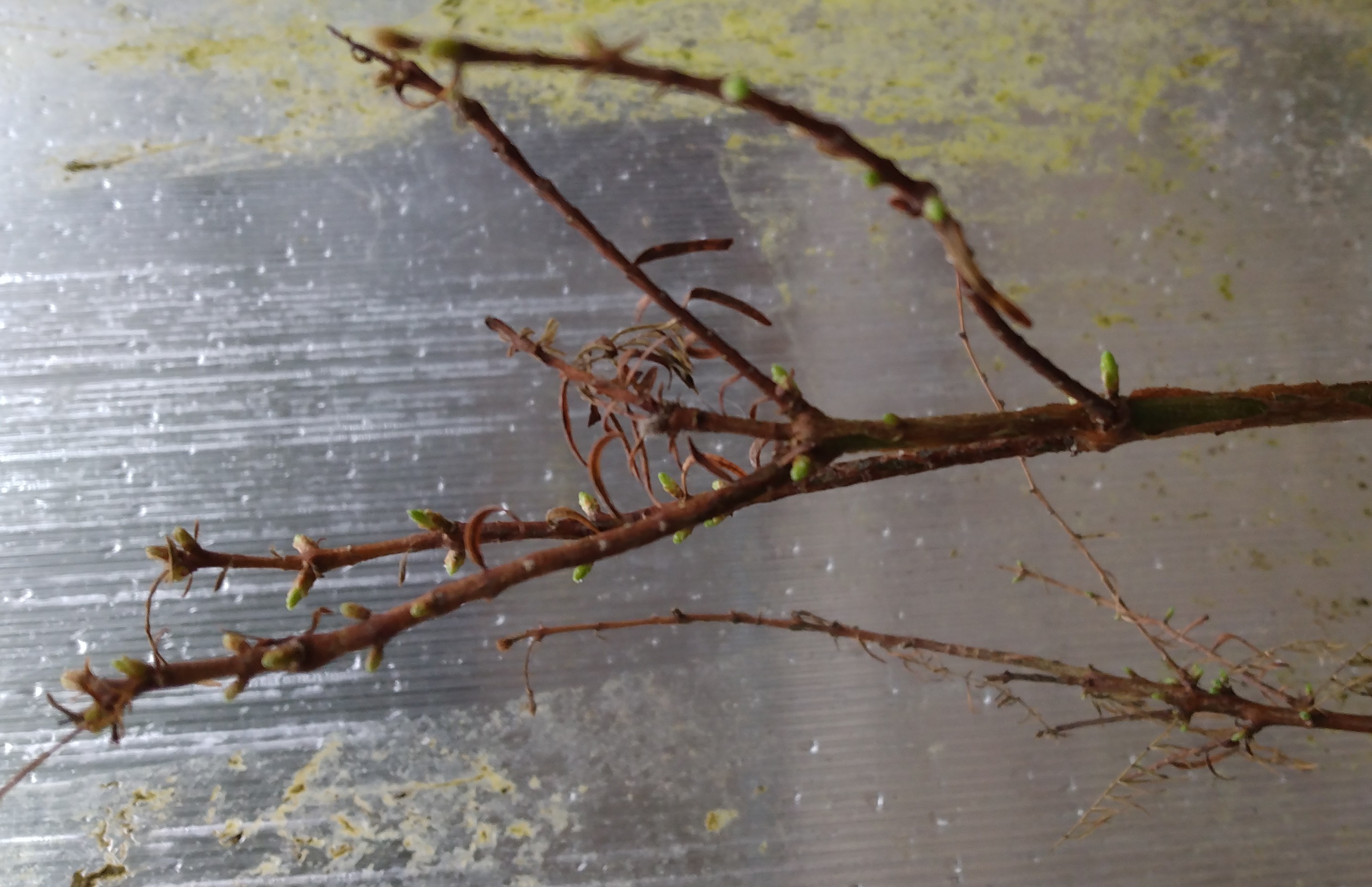
Caveat: Life in these red lands
Here is a snapshot of my daily life.
A coworker and a regular customer are in the store. The customer is talking about the fact that he’s moving back to Florida (I hadn’t realized he was from Florida). My coworker asks him, “So, what’s it like there? Is it a good part of Florida?”
The man makes a thumbs up gesture. “Oh yes. It’s north central, west of Gainesville. Dixie County. Confederate flags everywhere, freedom, lots of trucks with gun racks. You don’t have to worry about city people, criminal types.”
“That’s excellent,” my coworker grins. “That’s perfect for you. K [name of his girlfriend] will like it there too.”
Notice how things are coded, in the above conversation. None of what was said was meant ironically, in any way. Terms like “city people, criminal types” refer to minorities and immigrants. There is such an immense amount of fear.
Caveat: Poem #2053 “Things to do when you’re an eagle”
ㅁ I rose up through the air on my wings and made sweeping circles, slowly surveying the trees and rocks tasting the salty wind until in the end I chose a spot and swooped down and perched there.
Caveat: Tree #1145
Caveat: Some reactive thoughts to someone else’s thoughts on the Ukraine war
Here is a half-formed reaction to someone else’s thought.
I read a recent blog post by Niccolo Soldo (his alarmingly-named blog is called Fisted by Foucault).
I found his thesis quite thought provoking, but I can’t really feel that I’m in agreement. I’ll not attempt to summarize it here – you’d do better to just read it yourself – but I do have some reactions.
Essentially, nowhere in the essay does Soldo really grant any kind agency to the Ukrainians themselves. He blames the US for “provoking” Putin with the possibility of NATO membership for Ukraine. The problem with this is that… well, what if the Ukrainians themselves decided, after evaluating their geopolitical situation, that they wanted to try for NATO membership? How could the Europeans and US Government sincerely refuse? Sure, it provokes the Russians, but the Ukrainians are surely aware of the risks.
And I don’t mean to imply that Ukraine was in some way naïve. This may have been a quite intentional provocation on their part. Further, it may be that, at least at the start, it was only the current Ukrainian government and the country’s business elite who were on board with this. I’ve considered before that the regardless of the outcome of this war, Putin’s invasion will provide the Ukrainian “nation” with a nice, simple foundational myth such as they’ve never had before. Perhaps for a certain class of cynical Ukrainian nationalist (whether of liberal or illiberal inclination – there are plenty of both), the expected invasion and war would be a price worth paying for the outcome: a fervently patriotic Ukrainian populace (perhaps even including the ethnic Russians – look at the shift in public opinion in Odessa!) and a now-unconditional endorsement of NATO membership by the existing alliance. So sure, if you’ve got the right kind of cocky confidence, poke that bear right in the eye – if nothing else, it will certainly build character.
I don’t disagree with Soldo that the US’s faithless encouragement of this act was at core cynically unethical. The war progresses, and you see the evolution of the Ukrainian nation, with instances of undeniable heroism and demonstrations of character. I not only think it’s a mistake to deny the Ukrainians their own agency in this, I think that the US and Europe could take from the lesson a capacity for looking more empathetically at other victims of global bullying and misguided invasions: Iraq, Afghanistan, Panama, Grenada, (how far back do we want to take this?).
In fact, the knee-jerk pro-Ukraine stances adopted by most of the pundits and elites in the West (Justin E. H. Smith succinctly sums this up with the observation that the Ukrainian flag is suddenly a “a de-rigueur semiotic accessory”) seem to represent a turning back of the equally knee-jerk, self-hating “wokism” that had been increasingly dominating discourse. The Ukraine situation is holding up a mirror and enabling the West to see its best self, in a weird, admittedly jingoistic way (and maybe jingoism has always been a bit definitional for the West?) – to see what could be possible if we make an effort to hold liberal values uncynically.
Regardless, it’s unethical to deny the agency and self-determination of peoples – regardless of what great power they happen to have offended. It was unethical in Iraq, it was unethical (twice? three times?) in Afghanistan, it’s unethical now in Ukraine. But when confronted with the “facts on the ground” – country X is bullying us and denying us our self-determination – then resistance is warranted and appropriate. That includes the right to manipulate or lead on other powers to make that resistance as successful as possible. The Iraqis had a right to egg other powers to help them (e.g. Al-Qaeda’s rump, Russia, ISIS, or whatever). The Ukrainians have the same right (e.g. NATO). The extent to which the “Ukrainian on the street” is resisting, now, is a very strong indicator of the fact that this is, indeed, a question of self-determination, and not some astro-turfed, propaganda-induced pro-Westernism.
Caveat: Poem #2052 “Failure to comment”
ㅁ "Is there enough rain?" they asked, and the clouds answered, "We cannot comment."
Caveat: Tree #1144
Caveat: 바람이 불어야 배가 가지
I found this aphorism in my book of Korean aphorisms.
바람이 불어야 배가 가지 ba.ram.i bul.eo.ya bae.ga ga.ji wind-SUBJ blow-PREREQ boat-SUBJ go-CONCESS Only when the wind blows does the boat go.
This means that one can succeed only if there first exists opportunity. I like that verb ending, -어야 – it wraps a lot of meaning in a short ending: “Only in the event that X happens…”
Caveat: Poem #2051 “Grr”
ㅁ I walked along my path today and gave the plants a glare so mean that in the end they fell back, seemingly aware.
Caveat: Tree #1143
This tree glowered back at the clouds.
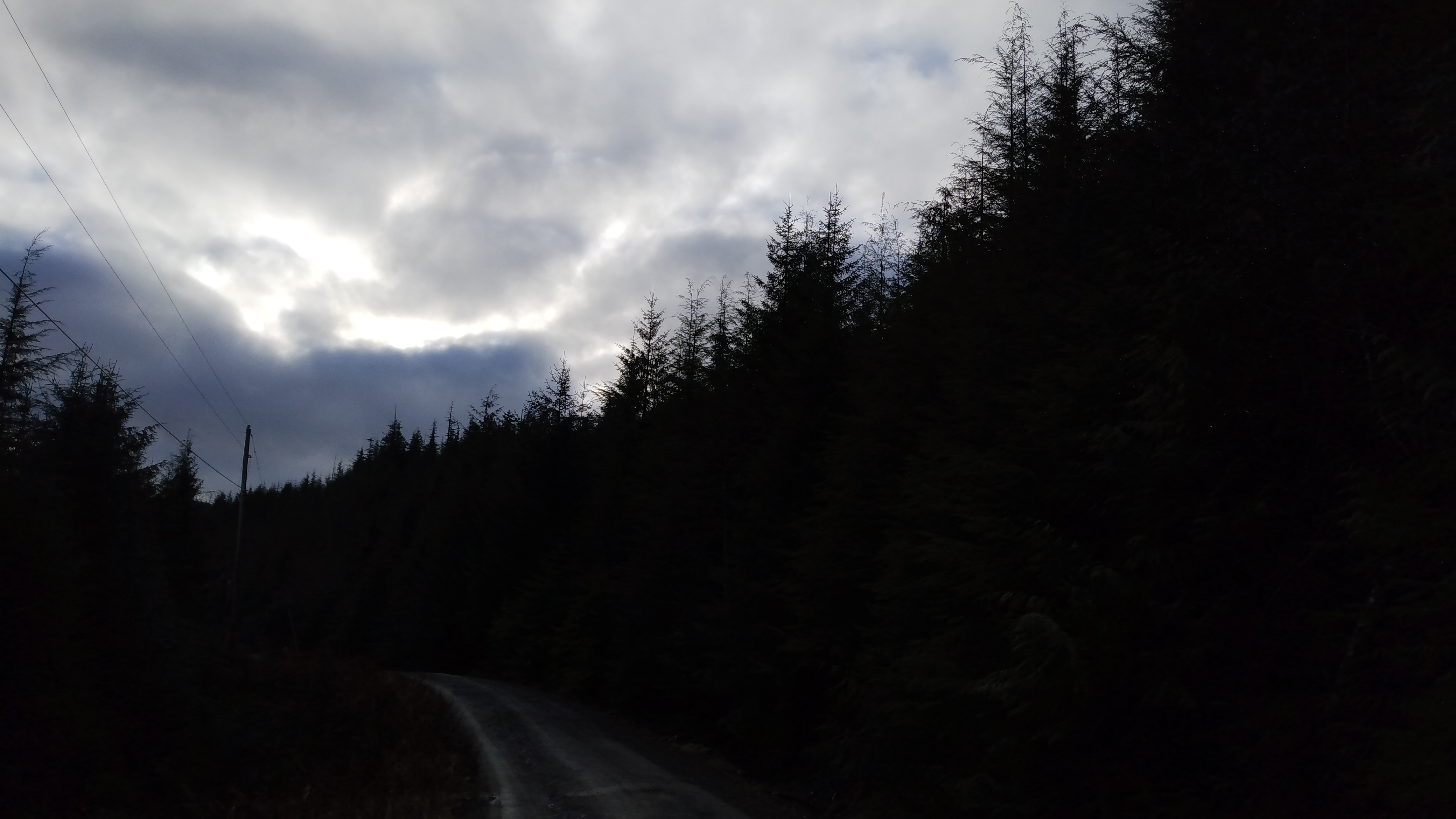
I did work in my greenhouse today. I rearranged a lot of dirt, removed a lot of winter-killed plant matter, and planted small beds of lettuce, radishes and green onions. The sun came out briefly, and since it’s now making it over the ridge to the south, the greenhouse felt its warmth and warmed up just a little bit.
Caveat: An Apostate Quaker Parable
An Apostate Quaker Parable
A city denizen was out in the countryside and encountered a sturdy Quaker farmer. After ascertaining that the man was a Quaker, he asked the farmer if he believed in turning the other cheek.
“Yes, Friend, I accept that biblical instruction.”
Whereupon the city man struck the farmer on the left cheek. The farmer simply turned his head. Then the city man struck him on the right cheek.
Whereupon the farmer dropped his hoe and started to roll up his sleeves. Now since the farmer was larger and far more physically fit that the city fellow, the latter started to worry, and blurted out, “What are you doing? I thought you said you believed in following the Biblical command to turn the other cheek?”
“Oh, yes, Friend”, the Quaker farmer replied, “I do. But the Bible is silent on what to do when the other cheek is struck, and now I am going to chastise Thee for being an obnoxious oaf.”
Caveat: Poem #2050 “Mystery”
Caveat: Tree #1142
Caveat: Korean Psephology Revisited From Afar
I didn’t follow the run-up to last week’s presidential election in South Korea very closely. In fact I lost track of it happening, and it took a local acquaintance more tuned in to world events than I to point out to me that it had happened last Wednesday.
But looking at and thinking about the results, I’m mostly unsurprised. I remain, as always, intrigued by the electoral map, though.
The ancient province of Jeolla stands out as starkly and quite isolatedly leftist – more so than previous maps I’ve looked at, it seems to me.
Meanwhile, suburban Seoul seems more consistently left-leaning, too. But the rest of the country swung even more rightward, more than compensating for these leftward trends in those limited areas, and ensuring a victory for the conservative, Mr Yoon.
I would almost hazard to say the map looks like evidence of increasing polarization. Which is to say, perhaps an Americanization of Korean politics? I don’t know.
Caveat: Poem #2049 “Not a true fact”
Caveat: Tree #1141
This tree is a palm tree – in seed form. It’s a cold-resistant and shade-resistant variety of palm from China, and they have survived in England and Vancouver Island, so it has a chance of surviving here. So I’m going to try to germinate it and plant it. Because Rockpit needs a palm tree.
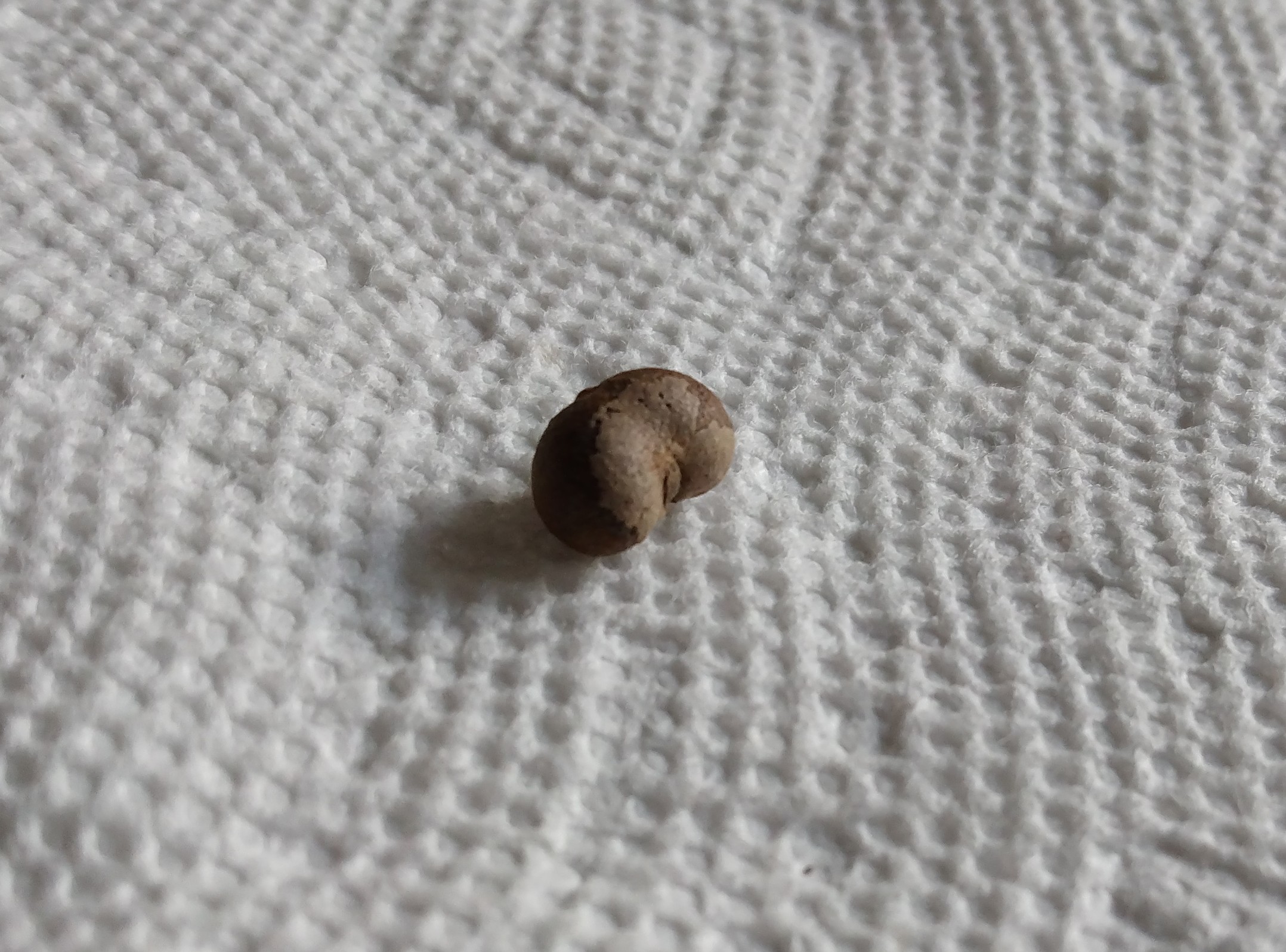
Caveat: Friday Blogroll
Blogs (and blog-like-objects) in my browser right now (in a few very broad categories).
Rationalist and adjacent
Philosophy, politics, culture
Humor
Technical, computer stuff
Caveat: Poem #2048 “Flood”
ㅁ Numbers emerged like leaking water, filling up the machine's hard drive. Gradually, the space filled. Baroque bits of data spread themselves over virtual planes, surfaces until full.
Caveat: Tree #1140
Caveat: no llores, dueña del mundo
No llores, América No llores, América No llores, América, no llores por la sangre vertida en las esquinas del Sur, no llores por los hijos de tus mercenarios, no llores por tus bombas, tus cohetes, tu napalm, tus viajes a la luna, tus calles de navaja, tus dólares amargos, tus negros de precinto con sus bastones relucientes como krugers golpeando a sus hermanos de algodón, no llores por los amos de Wall Street, su polvo del mejor, sus trajes bien cortados, sus tiradores de pelo de gacela, no llores América, no llores, tu atronadora voz es la más bella entre los tules del sol, no llores, dueña del mundo, amada América, no llores, irás al cielo cuando mueras, tienes los ojos azules como Dios.
Caveat: Poem #2047 “A poem about its own origin”
ㅁ See, sometimes I wake up in the morning so very early and take the decision to just remain awake, then, and perhaps to try to write down a bunch of syllables: a nonnet.
Caveat: Tree #1139
Caveat: Poem #2046 “Still, they got the cold part right”
Caveat: Tree #1138
Caveat: Байрактар
“No catalogue of horrors ever kept men from war. Before the war you always think that it’s not you that dies. But you will die, brother, if you go to it long enough.” – Ernest Hemingway
What I’m listening to right now.
Unknown, “Байрактар.” This song is quite morbid, and glorifies death and war and patriotism, which are dangerous sentiments. I freely acknowledge that it is Ukrainian war propaganda, which makes me uncomfortable. Yet I found myself transfixed by it – as a composition (video and song, together), it’s coherent and well-crafted, though insanely simple. I’d hazard the opinion that it’s a kind of 21st century bardism. The title, Bayraktar, is the name of a high-tech, Turkish-made, drone-based weapons system, which the Ukrainians have been deploying to devastating effect on Putin’s columns of tanks and supplies.
текст:
Прийшли окупанти до нас в Україну
Форма новенька, воєнні машини
Та трохи поплавився їх інвентар
Байрактар… Байрактар…
Російскі танкісти сховались в кущі,
Щоб лаптем посьорбати довбані щі
Та трохи у щах перегрівся навар
Байрактар… Байрактар…
Зі сходу припхались до нас барани
Для вастанавлєнья велікай страни.
Найкращій пастух баранячих отар
Байрактар… Байрактар…
Їх доводи – всяке озброєня різне:
Потужні ракети, машини залізні.
У нас на всі доводи є коментар –
Байрактар… Байрактар…
Вони захопити хотіли нас зразу
І ми зачаїли на орків образу.
З бандитів російських робить примар
Байрактар… Байрактар…
Російска поліція справи заводить
Но вбивцю рашистів ніяк не знаходить.
Хто ж винен, що в нашому полі глухар?
Байрактар… Байрактар…
Веде пропаганду кремлівський урод,
Слова пропаганди ковтає народ.
Тепер нове слово знає їх цар:
…
![]()
Caveat: Poem #2045 “Toward epistemic heat death”
ㅁ "If you are a divergentist, you hold that the social-cognitive universe is expanding towards an epistemic heat death of universal solipsism, and you are at peace with this thought." - Venktash Rao when epistemic death heat comes the universe will end amid an endless chattering of apophenic trends
– a quatrain in ballad meter, on a philosophical topic that piqued my interest.
![]()


